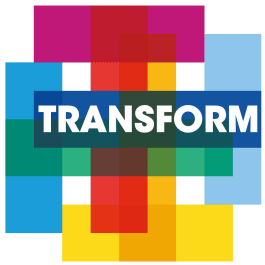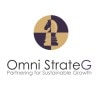In Bangladesh, around 87,000 tonnes of single-use plastics are generated annually, of which 35% are non-biodegradable and difficult-to-recycle sachets. Meanwhile, the country has a dynamic retail landscape, home to over 1.3 million small retailers who serve millions of customers daily. These retailers have strong community ties, making them a powerful yet overlooked force for driving systemic shifts in plastic use and stimulating local economies.
Recognising this untapped potential and building on insights from Unilever Bangladesh’s URefill 1.0 project with Bopinc and Smartfill1, Omni StrateG is now leading URefill 2.0 in collaboration with TRANSFORM. The enterprise is developing a new go-to-market model which includes designing a new refill machine that will be more affordable, lowering the financial threshold for small retailers to own them.
The new machines will dispense four essential liquid products – two shampoos, one hand wash and one dishwashing liquid, and will be tailored based on geography, season and shoppers’ feedback. They will be placed in high-traffic retail outlets where sachet sales are most common, encouraging shoppers to bring their own reusable containers. This approach not only reduces plastic waste at the source but also promotes more sustainable shopping behaviours within communities.
In collaboration with TRANSFORM, Omni StrateG will deploy 150 of these machines across Dhaka and Narsingdi. The enterprise will spend the first five months on finalising the machine design and production, followed by six months of market placement and intensive consumer engagement. This will include geo-specific online campaigns, in-store communication, and one-to-one shopper interactions to drive awareness and adoption. The enterprise will monitor behavioural shifts and uptake by tracking sales of their products.
The model aims to expand to 10,000 outlets across urban centres in the subsequent 18 months. Ultimately, Omni StrateG is committed to converting 75% of existing sachet sales among the 10,000 outlets into refill purchases within three years of national rollout.
Beyond environmental impact, the collaboration is also designed to drive inclusive economic growth. It will create direct employment for over 50 women in the first six months alone, with the potential to engage more than 200 women in two years.
Please find the logos below.

